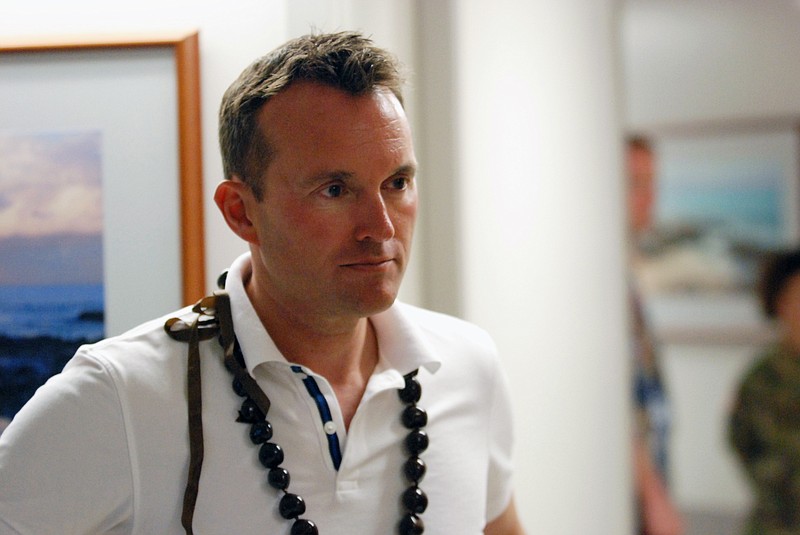HONOLULU (AP) - Army Secretary Eric Fanning says the Army is paying more attention to behavioral health and making sure anyone who's injured while defending the nation gets the treatment they need.
The Army and other military branches are conducting research into how military deployment affects anger, and they are encouraging mental health treatment before deployment to mitigate the effects of anger after soldiers return, he said.
"There's a tremendous amount of research the Army's been doing, the military's been doing," Fanning said. "It's clear we have a lot of work left to do."
Fanning told The Associated Press on Wednesday he's concerned that two recent mass shootings involved military veterans, but he said the research doesn't show any cause and effect between military service and what happens after soldiers leave the armed forces.
Earlier this month, Army reservist Micah Johnson shot and killed five Dallas police officers at a rally protesting the deaths of two black men by white police officers. Also in July, Gavin Long, a former Marine and Iraq war veteran, killed three law enforcement officers in Louisiana. Long's mother has told the PBS TV network that he had post-traumatic stress disorder.
"We want to make sure that we are understanding any impacts that service might have," Fanning said. "We don't see that as being the cause."
Fanning wants to look at the stigma he said still exists about behavioral health. Seeking help is a sign of strength, not a sign of weakness, he said.
"The brain is the most complicated organ in the body, and we go to specialists for everything else," Fanning said. "Why wouldn't we encourage people to seek specialists for any type of behavioral issues that they're having?"
Fanning is in Hawaii as part of weekslong tour of military bases throughout the Pacific region that includes stops in Guam, Malaysia, Japan, Alaska and other destinations.
